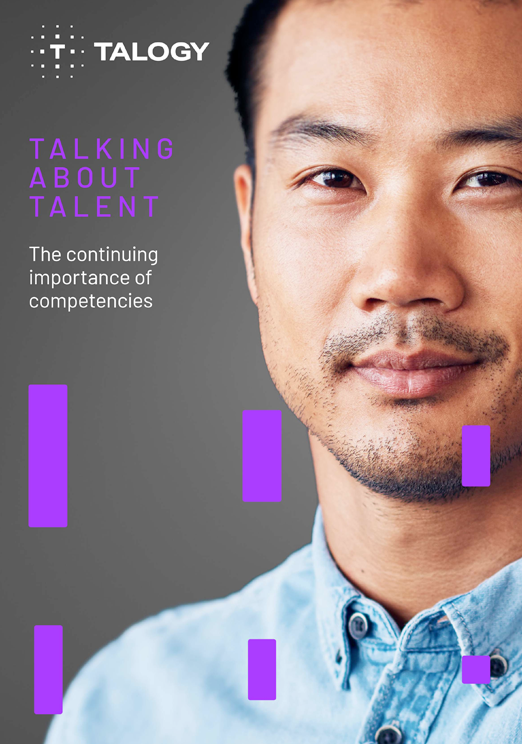We asked a few of Caliper’s HR experts to weigh in on the emerging trends in talent management. Here’s what they said:
Cyndi Sax, Senior Vice President of Consulting Services
“Companies are moving away from the annual performance-review process to one that provides more relevant, detailed feedback on a regular basis,” Cyndi says. “It requires a different skill set for managers and employees on how to effectively give and receive feedback in real time.”
In regard to project execution, she explains, “The growth of both virtual workplaces and virtual teams demands that companies adjust the way things get done to ensure productivity and efficiency across geographies and time zones, especially the areas of communication and collaboration.”
“Data analytics are becoming increasingly important to talent-management decisions, especially as related to employee selection, succession planning, and targeted development programs,” Cyndi adds. “I haven’t browsed an HR-related magazine, Web site, or blog that doesn’t mention analytics in some way for a long time.”
Frank Costanzo, Senior Vice President of Sales
“Scarce resources!” Frank warns, and he’s specifically talking about people. “Given our rapidly aging population and tendency for millennials to change jobs quickly, employers may be forced to lower their standards to fill open positions.”
He asks, “Will corporations, unable to fill open positions, be forced to make more ‘Build vs Buy’ decisions regarding their talent? Perhaps they will they be forced to maximize the value of current employees through targeted development and promotions.”
“Or,” Frank says, “with the urgency to hire the best talent, more companies may have to adopt ‘Program Hiring’ in which college grads are recruited for their potential and personality rather than a specific position.”
David Solot, PhD., Senior Vice President of Client Services
“People Analytics will continue to rapidly transform human resources,” David says. “The number of professionals who view People Analytics as a fad is dwindling, and more people recognize that this represents a fundamental shift in the management of human capital. Yet there will still be a significant lack of understanding about how to gain and leverage insights from analytics programs. In 2016, more people will make use of analytics by going data fishing, potentially leading them down the wrong path.”
David also says, “Employee engagement, or the lack thereof, is about to reach critical mass. The existence of the problem is firmly understood, but there’s no consensus on how to deal with it. We’ll likely see discussions of employee engagement evolve into discussions about employee empowerment—a concept that fell out of favor two decades ago but is poised to re-enter the human capital focus.”
“The role of Learning Management Systems is likely to expand in 2016 as well,” David adds. “As companies combine the need for greater employee engagement with the insights gained from analytics programs, they’ll look for a way to manage the growth needs of employees and put them on individual development tracks. We’re going to see more companies managing their own learning programs as well as engaging with third parties to help develop content and learning plans.”

